I had a rich social life. As I wrote in my less-academicy blog (though that’s a shaky line to draw), In La Paz, I wear vintage, rockabilly dresses or ripped jeans and t shirts given to me by tattoo artist friends. I’m a live music junkie, a tattoo shop groupie, booze-slinging benefactor, restaurant aficionada, mural-painting sidekick, dj enthusiast, and a legitimate luchadora who rarely pays for a drink.
I don’t know if this is what happens as you get older. Maybe it’s being a doctor (ha!). Maybe this is my form of “settling down.” But I just don’t have the energy that I once did. I don’t want to dance all night. I don’t want more than 3 glasses of wine. I want to be able to hear the conversation I’m participating in. I don’t want to impress anyone. I don’t want to prove myself. But maybe what this all means is that I’m more comfortable here now. Friends are no longer a superficial method of accounting my investment or my embeddedness. They are the people who make me smile and laugh and stop worrying about my (possibly non-existent academic) “future”. They are just my friends.
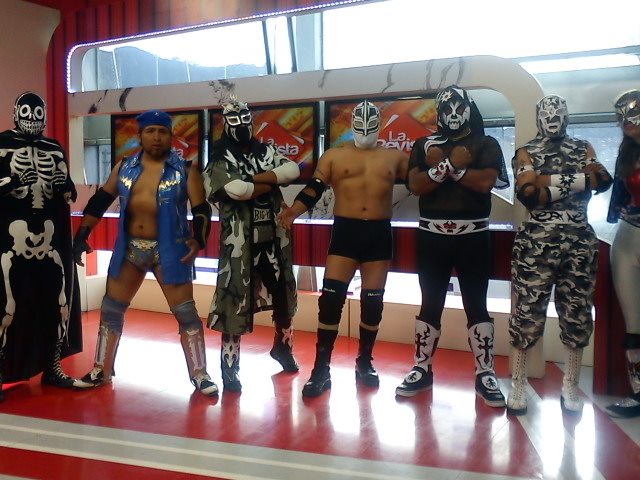
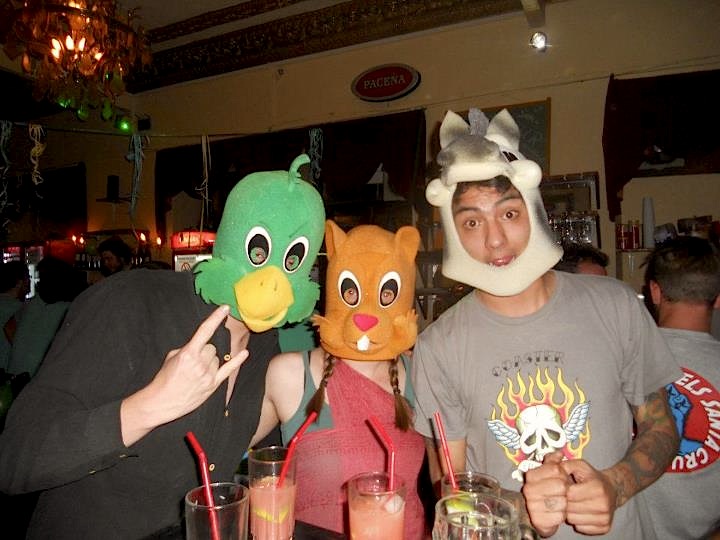

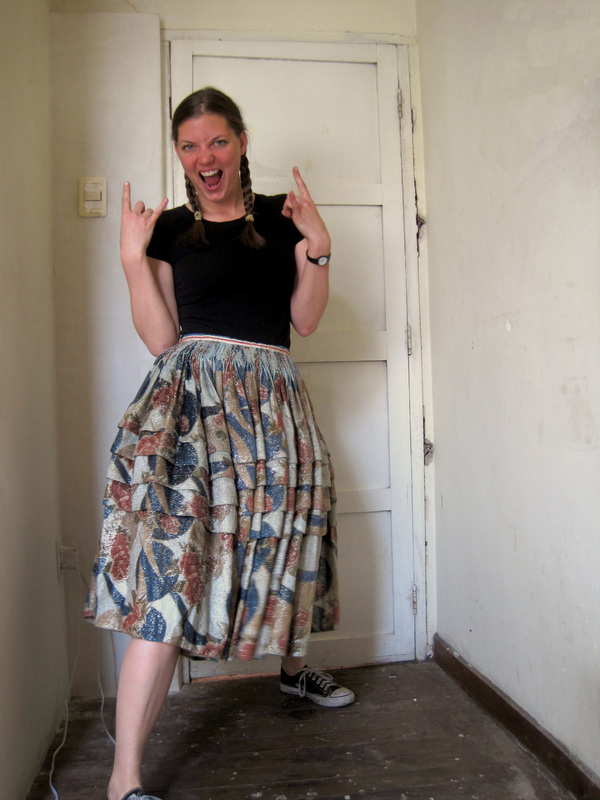
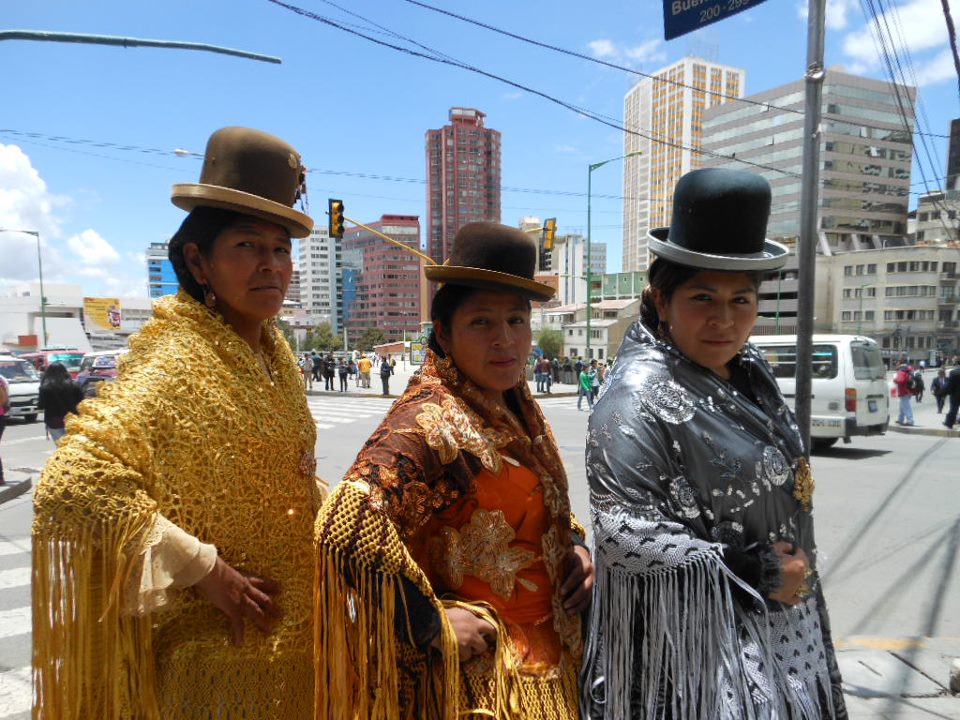
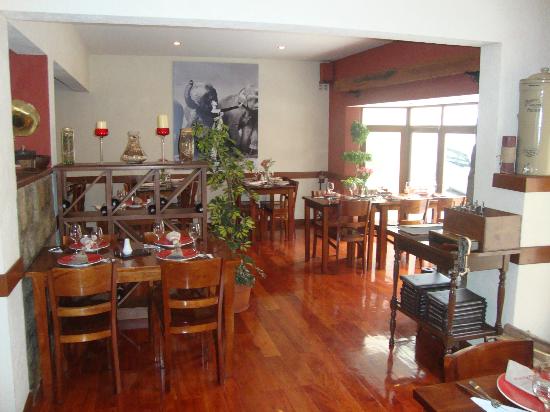
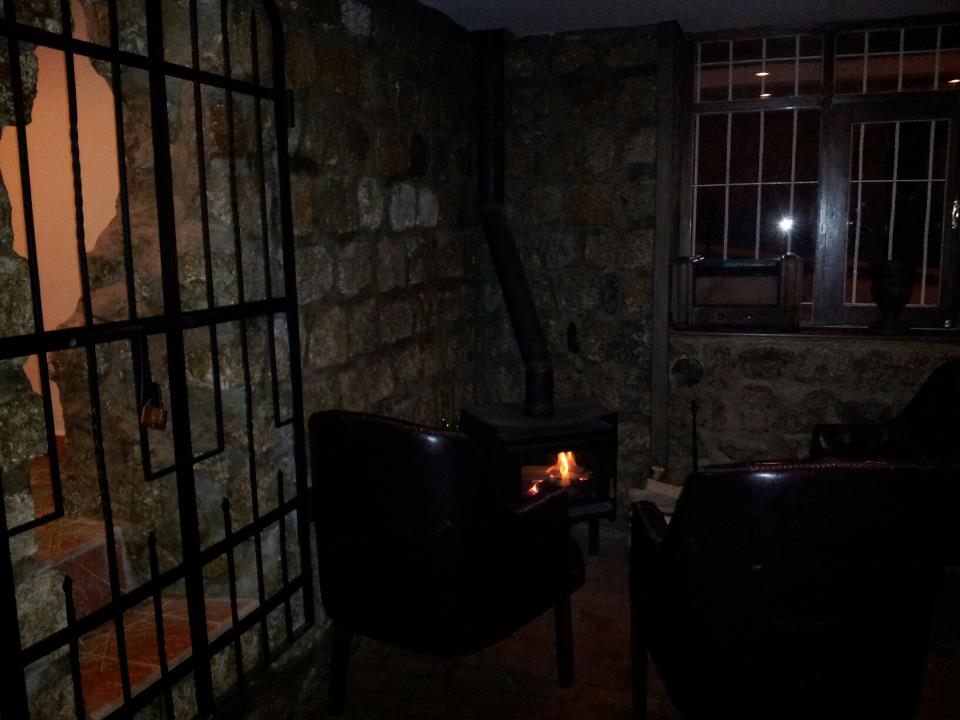
 RSS Feed
RSS Feed
